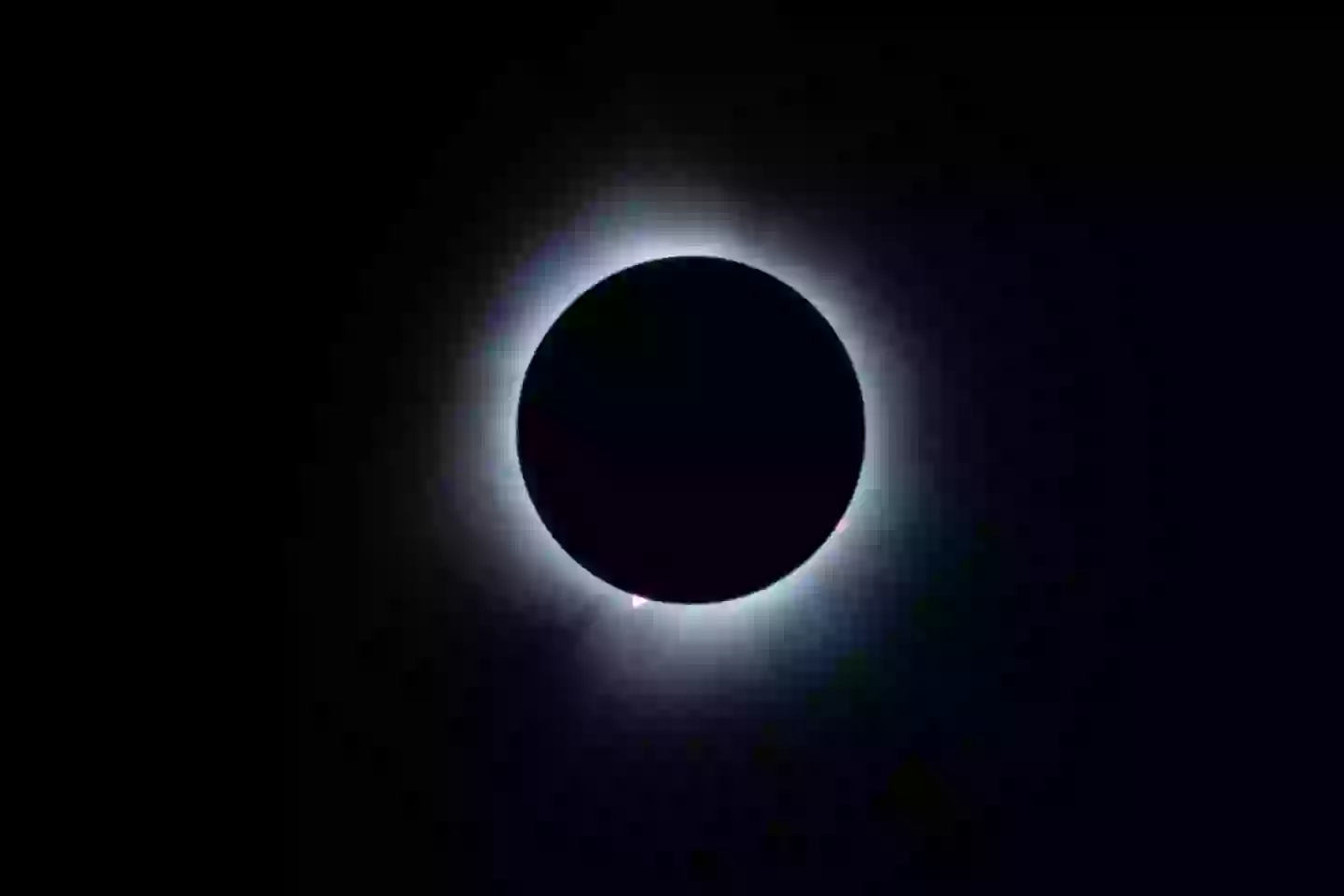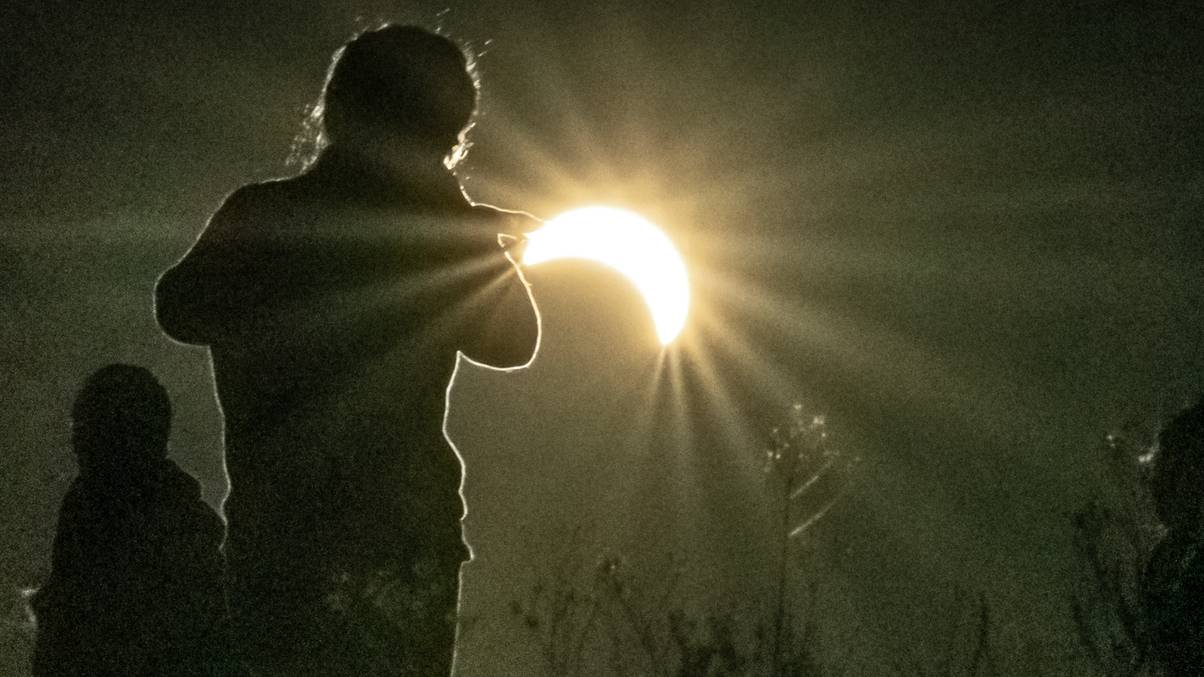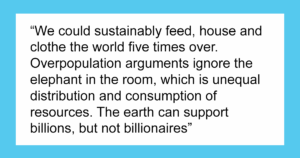A once-in-a-century blackout: What will six minutes of global darkness reveal?
Mark your calendars and cancel whatever boring plans you might have on August 2, 2027 — because this isn’t just any celestial show; it’s the Great North African Eclipse, a total solar eclipse so rare you’ll be staring at the sky wishing you’d booked that trip to Luxor, Egypt, where the totality lasts a whopping six minutes and 23 seconds. That’s right, the moon is about to play the ultimate game of cosmic hide-and-seek, blocking the sun entirely and plunging parts of North Africa and even Southern Europe into exhilarating daytime darkness. Here’s a wild thought: How often do you get to witness nature’s most dramatic blackout that won’t be topped until 2114? Yeah, you may never see another eclipse like this one — so start planning now, because being in the right place at the right time for totality is not just recommended; it’s imperative. Trust me, this eclipse isn’t just impressive; it’s a bona fide celestial blockbuster. LEARN MORE.
In a couple of years, there will be an event that won’t be seen again for another century in the form of a total solar eclipse.
Scribble down the date of 2 August, 2027 in your calendars and make travel plans to head for the best spot if you want to spend several minutes plunged into darkness during the daytime thanks to this cosmic event.
A total solar eclipse occurs when the moon completely blocks out the sun, resulting in the land being cast with shadows when there ought to be sunlight.
The darkest part of this shadow is known as the ‘totality’, and if you’re in the right place at the right time you can stay within it for several minutes.
According to Space, the totality for this bad boy is going to be six minutes and 23 seconds, meaning this is going to be the longest total solar eclipse since 1991, and there won’t be another one like it until almost a century later in 2114.

It’ll be the biggest total solar eclipse since 1991, and you’d have to wait until 2114 for bigger (Lev Radin/Pacific Press/LightRocket via Getty Images)
Basically, you’re not going to live to see another eclipse like this one.
You know the date it’ll arrive, but as for where you’d be for the best sight the clue is found in the name it’s been given, as this total solar eclipse has been dubbed the ‘Great North African Eclipse’.
That’s where you’ll get the best view of this thing and indeed the absolute best viewing spot in the world is going to be Luxor, Egypt, which is where the totality will be visible for the longest time.
In case you can’t make it there then it’ll still be viewable from various other spots across North Africa and a few parts of Southern Europe including Gibraltar.
There are tens of millions of people living in the path of this eclipse’s totality and many of them will have the clear skies needed to get the best view of this.
.jpg)
The historical Egyptian city of Luxor is going to be the best place to see the total eclipse, remember it’s on 2 August, 2027 (Paul Biris/Getty Images)
For many other parts of the world, darkness will fall in the form of a partial solar eclipse, which will be impressive but not quite as majestic a sight as being in the totality of the Great North African Eclipse.
Given that most of our planet’s surface is water the best place to view a total eclipse is usually somewhere out at sea, as the movements of the cosmos care little for where people who want to see them are living, but this eclipse has the honour of being the biggest one on land for almost a century.
Not only that, it’s going to be one of the longest ever recorded total eclipses.
Research from meteorologist Jean Meeus says that the longest possible total eclipse is seven minutes and 31 seconds, so this one clocking in at just a minute under is seriously impressive.
There are other total solar eclipses pencilled in for 2026 and 2028, but they don’t come close to the time you’d be able to see this one for, and nothing will until the next century.



















